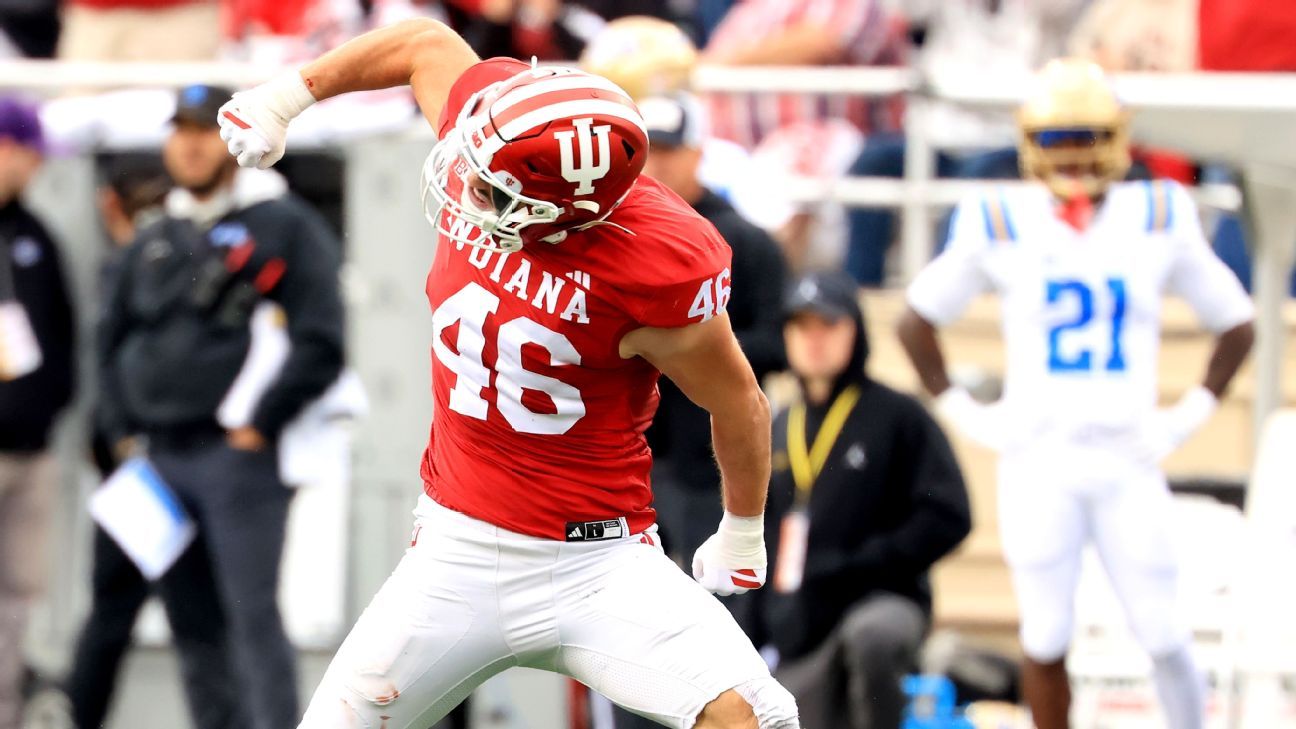Football program named after trailblazing Aboriginal soccer star John Moriarty creates change in remote communities
Nearly 1,000kms south of Darwin on the Stuart Highway, a road train rumbles through the remote town of Tennant Creek, muffling the sounds of children at play.Tennant Creek Primary School serves the town's population of around 3,000 and its oval is a flurry of yellow and blue tunics."What a save, what a save!" head coach Abraham Miranda shouts.It's Wednesday — John Moriarty football day — and students are getting out of the classroom and onto the field to learn about soccer.But that's not all they're learning about, Miranda explains."Those core values, we want to encourage them, not just on the football field, but in life."So when hardship arrives in life, they remember those core values."Socceroos callingThe John Moriarty Foundation (JMF) and its football program are named after Yanyuwa man John Moriarty, the first Aboriginal player to be selected to represent Australia in football.He was born in Borroloola in 1938 to Yanyuwa mother Kathleen Murrmayibinya and Irish father John Moriarty.At the age of four, Moriarty was taken from his family as part of the Stolen Generations.The almost Socceroo — who unluckily suffered a career-ending injury before taking the pitch for his country following a cancelled tour of Hong Kong — says football changed the trajectory of his life, helping him realise his full potential.As a sport loved and played by people all over the world, Moriarty says the cultural diversity of the football community gave him a deep sense of belonging and equality.He wants Indigenous kids everywhere to experience that too."JMF has the capacity to transform lives by creating ripples of change that start with 'a child, a football, a dream' and flow outwards to impact families, communities and the nation, creating opportunity and unlocking potential," he says.Pathways to thriveNine-year-old Nikolias Hayes is one of about 5,000 children across 18 remote and regional communities participating in the program every year."I learned about passing and kicking goals and sharing the ball," he says.He could follow in the footsteps of Borroloola's Shadeene Evans, who was part of the pilot program that began with 120 kids in her home town in 2012.By 2018, Evans had made the Young Matildas squad and went on to play with the Central Coast Mariners.But it's not all about finding the next soccer star, it's about creating positive change in the community.Warunmungu teenagers Ethan Holt and Waikean Kelly are working as community coaches.Six years ago, they were part of the first wave of students when the program launched in Tennant Creek.Kelly started training in 2023, and when he asked the head coach as a joke if he could work there, to his surprise the response was "yes"."I started a school-based apprenticeship with JMF," he says."I go to school two days a week and the rest of the days go to work."For Holt, it's the kids in community that make it worthwhile."We just go out to the school, give them some food, teach them a lesson or two, it's just fun," he says.Before football, there's language and learningUnder a tree on country in Tingkkarli outside Tennant Creek, with kangaroo tail cooking on a nearby campfire, Indi Kindi, JMF's playgroup for kids under five is in session.Here, in place of coaches there are educators.Today they include Warumungu sisters and traditional owners Nadia Foster-Graham and Anthea Graham, who speak to the kids in language.Serving up roo tail for lunch, the sisters explain to the children the importance of washing their hands and face before eating.They share knowledge and culture as part of the curriculum, with Anthea bringing her expertise as a former ranger."She could be telling you what that animal is, the common name of it, the scientific name of it, and then she also says it in language which I think is pretty amazing," team leader and Warumungu and Wambaya woman Keara Baker-Storrey says.Community-led governanceJMF's football program was initiated in 2012 at the request of senior Aboriginal law women in Borroloola who wanted more educational opportunities for their grandchildren.It now delivers soccer sessions out of four hubs — Borroloola, Cairns, Dubbo, and Tennant Creek — which all branch out to surrounding homelands.There are regular yarning sessions with the community, so the agenda remains true to its roots."The community comes together to make the guidelines," JMF executive general manager Chris Andrew explains."We are here to be invited in and provide opportunity."Closing the Gap impactsEarlier this year JMF commissioned a report from auditor Deloitte, which found its football program impacted 10 of the national Closing the Gap targets relating to health, education, wellbeing and employment.And Productivity Commission figures show it costs $3,600 a day to hold one young person in detention, adding up to $1.3 million a year.The foundation's football program costs $1,300 per kid each year."You can put 1,000 young people on a football pitch for the same amount of money," Andrew says.This year the federal government granted $5.5 million to JMF to continue their delivery of the soccer program.And from what the community coaches say, they have no problem finding willing participants."They love it."









